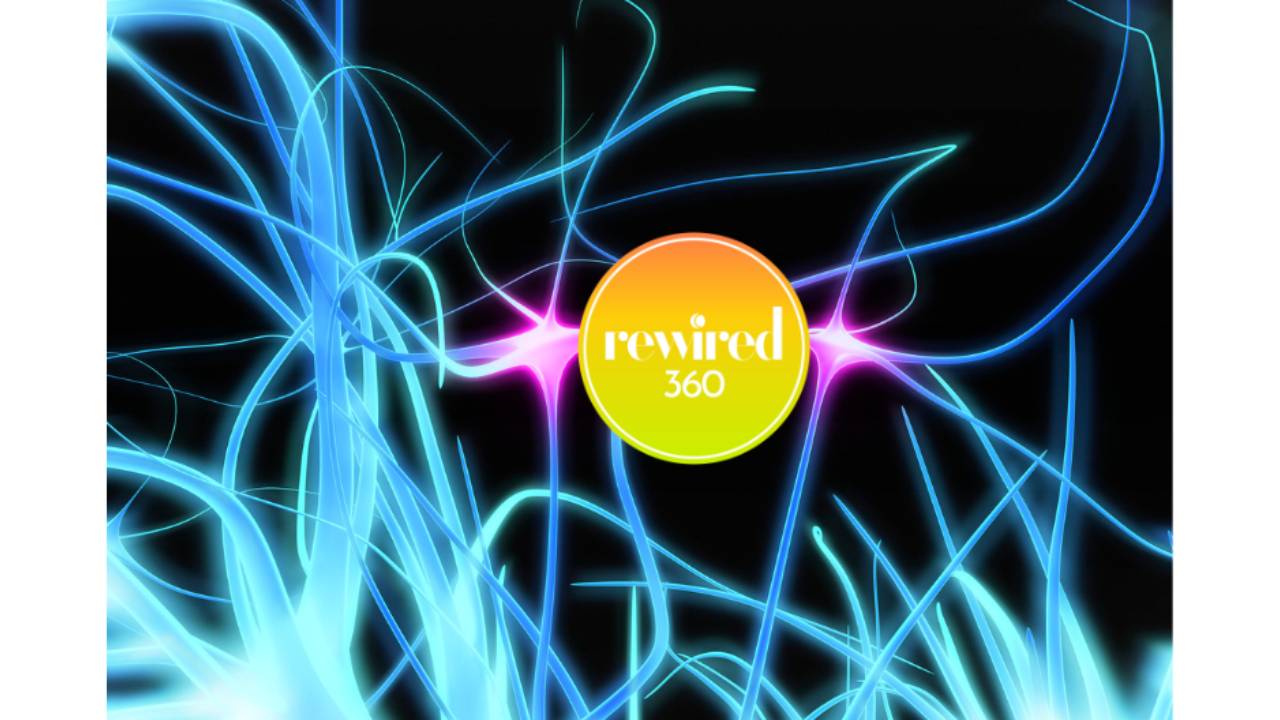Ketamine-Assisted Psychotherapy: Transforming Hope for Treatment-Resistant Depression
Oct 22, 2025
Depression isn’t just about feeling sad—it’s a complex experience that can include hopelessness, fatigue, and a loss of interest in life. For many, traditional treatments like talk therapy and medication offer relief. But for others, the struggle continues, even after trying multiple options. This is where ketamine-assisted psychotherapy (KAP) is emerging as a beacon of hope for those living with treatment-resistant depression (Dore et al., 2019; Feder et al., 2021).
The Science Behind Ketamine-Assisted Psychotherapy
Ketamine is a dissociative anesthetic that, when used in low doses under medical supervision, can rapidly relieve symptoms of depression—even in those who haven’t responded to other treatments. Unlike traditional antidepressants, which can take weeks to work, ketamine often brings about noticeable changes within hours or days (Bonaventura et al., 2021; Feder et al., 2021). When combined with psychotherapy, ketamine’s unique effects on the brain create opportunities for deep insight, emotional release, and long-lasting change (Dore et al., 2019).
KAP is not about “tripping” or losing control. Instead, it’s a carefully structured process in which ketamine’s effects are harnessed in a safe, supportive environment. Clients are guided by trained therapists and medical providers, ensuring both psychological and physical well-being throughout the experience (Wilkinson et al., 2017).
How Ketamine-Assisted Psychotherapy Supports Healing
KAP helps individuals:
Break Through Stuck Patterns: Many people with chronic depression feel trapped in negative thought cycles. Ketamine can disrupt these patterns, making it easier to access new perspectives and emotional insights (Feder et al., 2021).
Enhance Neuroplasticity: Research suggests ketamine increases neuroplasticity—the brain’s ability to form new connections—which may help clients “rewire” unhelpful beliefs and behaviors (Bonaventura et al., 2021).
Accelerate Psychotherapy: The altered state induced by ketamine can lower psychological defenses, allowing for more productive therapy sessions and deeper emotional work (Dore et al., 2019).
What to Expect in Ketamine-Assisted Psychotherapy
KAP begins with a thorough assessment by a skilled medical provider to determine if ketamine is safe and appropriate. Sessions are conducted in a controlled setting with medical monitoring and therapeutic support. Clients may experience changes in perception, emotions, or sense of self during the session, but are always supported by a trained team (Wilkinson et al., 2017).
After the ketamine session, integration therapy helps clients process their experiences and translate new insights into meaningful change. Over time, many report improved mood, greater self-compassion, and renewed hope (Dore et al., 2019).
KAP’s Lasting Impact on Treatment-Resistant Depression
- Rapid Relief: Many clients experience symptom reduction within days (Feder et al., 2021).
- Increased Engagement: Clients often feel more able to participate in therapy and daily life (Wilkinson et al., 2017).
- Reduced Risk of Chronicity: Early intervention with KAP may prevent depression from becoming further entrenched (Bonaventura et al., 2021).
Seeking Healing is a Bold Step
If you or someone you know is struggling with depression that hasn’t responded to other treatments, know that new options are available—and you don’t have to do this alone.
Discover more about ketamine-assisted psychotherapy and how to safely integrate this approach at our upcoming training: Ketamine-Assisted Psychotherapy Training. Join us to learn evidence-based protocols, integration strategies, and compassionate care for clients facing resistant depression.
Learn more and register here: https://rewired360.ce-go.com/ketamine-assisted-psychotherapy-training
References
Bonaventura, J., Wise, R. A., & Bonci, A. (2021). Reconsidering the role of ketamine in depression and related disorders: Current evidence and future directions. Molecular Psychiatry, 26(1), 20–30. https://doi.org/10.1038/s41380-020-00937-6
Dore, J., Turnipseed, B., Dwyer, S., Turnipseed, A., Andries, J., Ascani, G., Monnette, C., Huidekoper, A., Strauss, N., & Wolfson, P. (2019). Ketamine assisted psychotherapy (KAP): Patient demographics, clinical data and outcomes in three large practices administering ketamine with psychotherapy. Journal of Psychoactive Drugs, 51(2), 189–198. https://doi.org/10.1080/02791072.2019.1587556
Feder, A., Parides, M. K., Murrough, J. W., Perez, A. M., Morgan, J. E., Saxena, S., Kirkwood, K., Aan Het Rot, M., Lapidus, K. A., Wan, L. B., Iosifescu, D. V., Charney, D. S., & Mathew, S. J. (2021). Efficacy of ketamine-assisted psychotherapy in treatment-resistant depression: A randomized clinical trial. American Journal of Psychiatry, 178(6), 499–507. https://doi.org/10.1176/appi.ajp.2020.20081223
Wilkinson, S. T., Sanacora, G., & Bloch, M. H. (2017). Ketamine therapy in treatment-resistant depression: Safety considerations. Depression and Anxiety, 34(7), 574–588. https://doi.org/10.1002/da.22649
Stay Connected
Get resources, motivation, and guided activities delivered to your inbox.
Don't worry, your information will not be shared.


